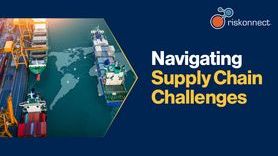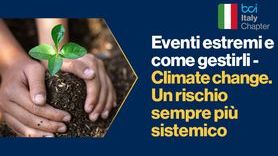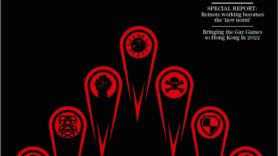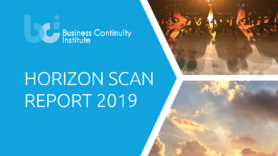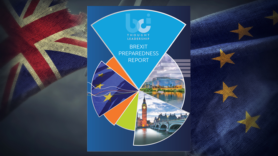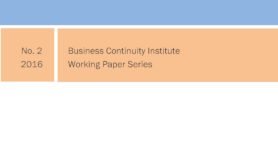Natural disasters cost $520 billion in losses every year
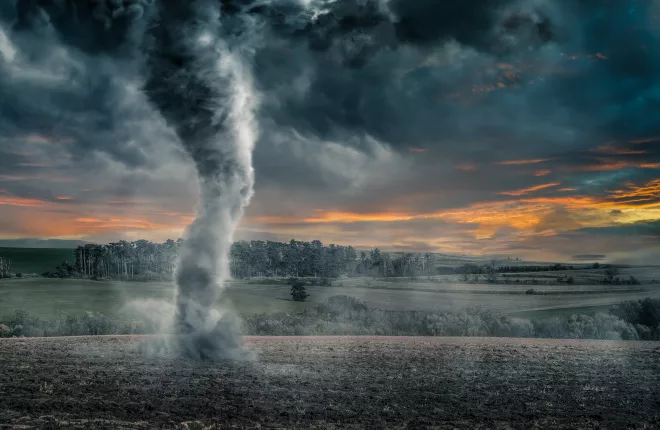
The impact of extreme natural disasters is equivalent to a global $520 billion loss in annual consumption, and forces some 26 million people into poverty each year, a new report from the World Bank and the Global Facility for Disaster Reduction and Recovery (GFDRR) reveals.
The report, Unbreakable: Building the Resilience of the Poor in the Face of Natural Disasters, warns that the combined human and economic impacts of extreme weather on poverty are far more devastating than previously understood.
In all of the 117 countries studied, the effect on well-being, measured in terms of lost consumption, is found to be larger than asset losses. Because disaster losses disproportionately affect poor people, who have a limited ability to cope with them, the report estimates that impact on well-being in these countries is equivalent to consumption losses of about $520 billion a year. This outstrips all other estimates by as much as 60%.
“Severe climate shocks threaten to roll back decades of progress against poverty,” said World Bank Group President Jim Yong Kim. “Storms, floods, and droughts have dire human and economic consequences, with poor people often paying the heaviest price. Building resilience to disasters not only makes economic sense, it is a moral imperative.”
The report assesses, for the first time, the benefits of resilience-building interventions in the countries studied. These include early warning systems, improved access to personal banking, insurance policies, and social protection systems (like cash transfers and public works programs) that could help people better respond to and recover from shocks. It finds that these measures combined would help countries and communities save $100 billion a year and reduce the overall impact of disasters on well-being by 20%.
“Countries are enduring a growing number of unexpected shocks as a result of climate change,” said Stephane Hallegatte, a GFDRR lead economist, who led preparation of the report. “Poor people need social and financial protection from disasters that cannot be avoided. With risk policies in place that we know to be effective, we have the opportunity to prevent millions of people from falling into poverty.”









